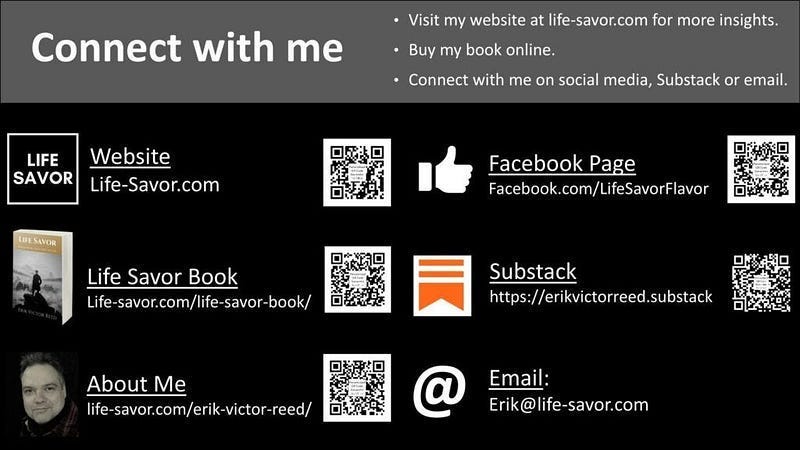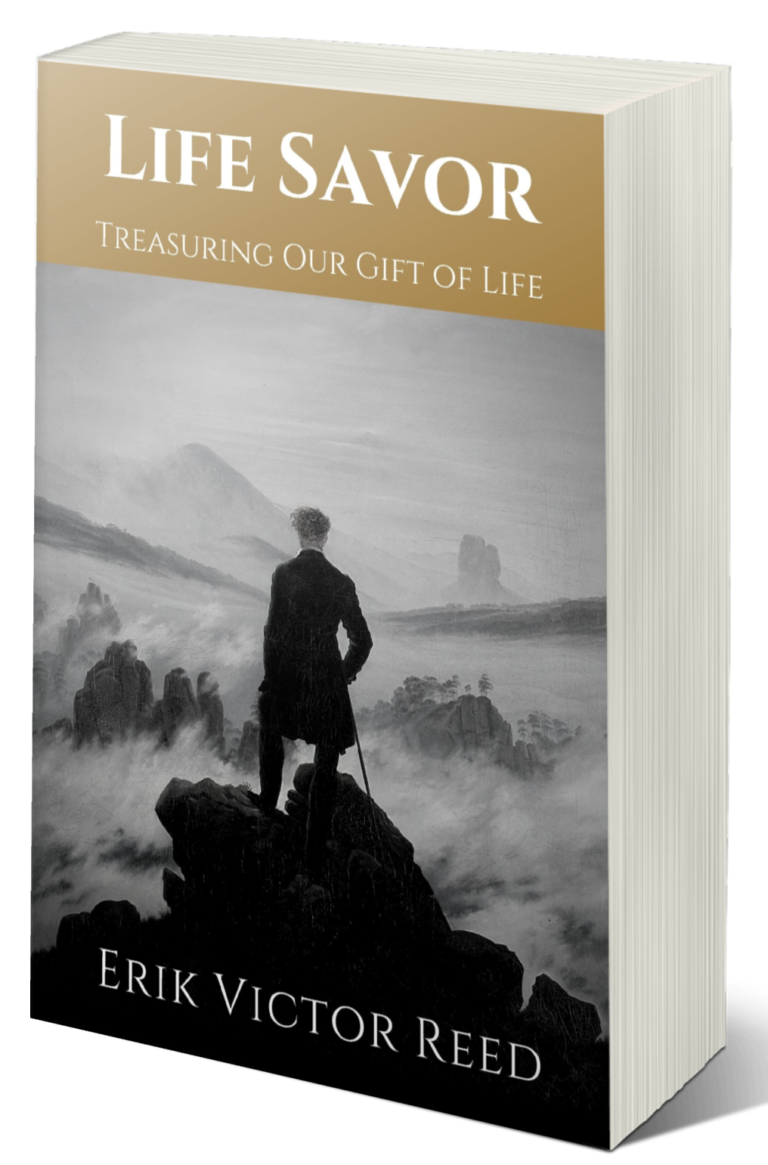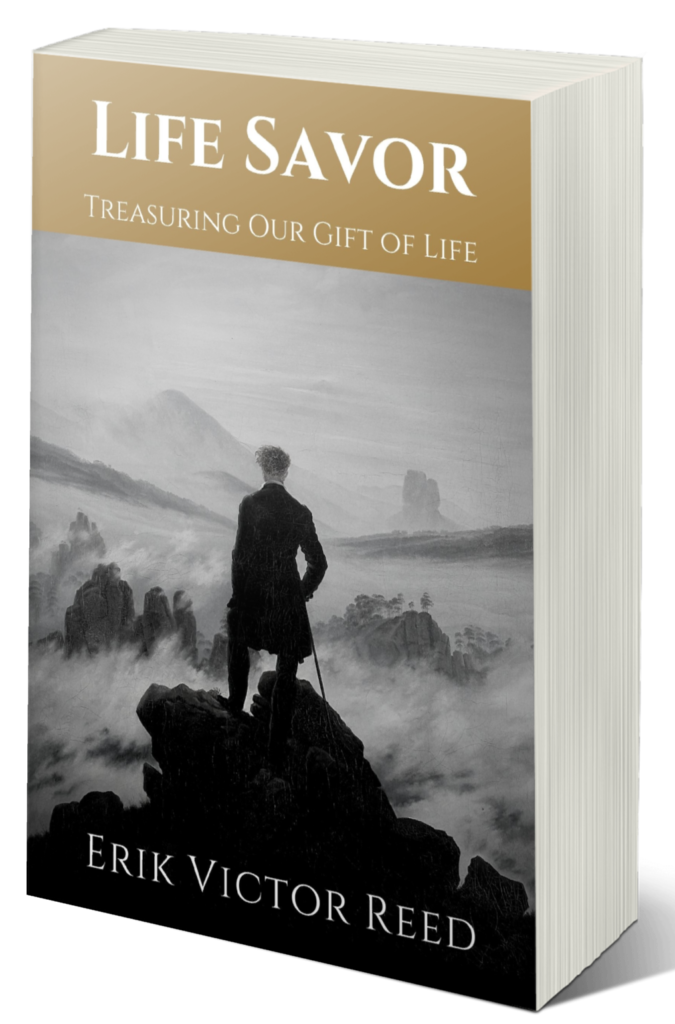Why standing alone doesn’t mean being cut off
The Confusion
Independence is often misunderstood as isolation. People imagine the independent person as cold, aloof, detached: someone who doesn’t need anyone, who refuses intimacy, who rejects community.
But independence is not about pushing people away. It’s about standing on your own feet so that you can walk toward others freely.
Isolation shrinks the self. Independence expands it.
The Experience of Isolation
Isolation is painful. It’s the ache of being unseen, unheard, unvalued. We’ve all felt it — the loneliness of being in a crowd but feeling invisible, the quiet despair of not having anyone to turn to.
Isolation makes us smaller. It narrows our world to echo chambers of anxiety. It convinces us that no one cares, or that we have nothing worth offering. Left unchecked, it corrodes our ability to trust and to give.
Isolation is absence.
The Experience of Independence
Independence, by contrast, is presence—full presence of your real self. It’s the fullness of knowing who you are and being able to share that without fear of vanishing into the crowd.
Where isolation feels like a hollowing out, independence feels like a filling up. You are not cut off — you are centered. And from that center, you can connect more richly.
Consider this: a person who lacks independence enters relationships out of neediness. They fear rejection so deeply that they bend themselves into whatever shape will please others. They “connect” — but at the cost of authenticity. That isn’t intimacy; it’s performance.
But a person with independence connects differently. They don’t need constant approval. They show up as themselves, which makes connection deeper, truer.
Two At a Party
Picture someone at a party. One guest flits nervously from group to group, echoing others’ jokes, desperate to be liked. Another sits comfortably in conversation with a few people, speaking honestly, laughing freely, unconcerned with impressing.
Which one seems isolated? Which one seems independent? The difference is stark: one is grasping, the other grounded.
Why Independence Enriches Connection
- It reduces fear. When you know who you are, rejection stings less. You don’t crumble if someone disapproves.
- It builds honesty. Independent people don’t need to hide behind masks, so relationships can deepen.
- It fosters generosity. When you aren’t clinging to others for validation, you have more energy to give.
- It strengthens resilience. Independent people can endure solitude without collapsing, which makes their togetherness a choice, not a crutch.
Independence is not the enemy of love, friendship, or community. It is their foundation.
A Longer Story: Walking Into the Room
Imagine a woman starting a new job. She walks into the breakroom on her first day, surrounded by strangers. One version of her feels terrified and desperate to fit in, quickly mimicking whatever tone the room sets. Another version of her enters with quiet independence. She doesn’t need to dominate, but she doesn’t shrink either. She listens, speaks honestly, and trusts her presence is enough.
Which version will build stronger relationships? Not the one performing for acceptance. The independent one. Her integrity invites trust.
This is the paradox: independence makes belonging more authentic.
Mortality’s Reminder
Why resist isolation and seek independence? Because life is short, and relationships matter. To waste our brief years locked in isolation is tragic. To waste them in false connections is no better.
Mortality clarifies that love and friendship are treasures — but they must be grounded in authenticity, not desperation. Independence ensures that when we give ourselves to others, it is a gift, not a plea.
Closing Thought
Independence is not isolation. It is the opposite. It is the strength to be whole in yourself so that you can meet others as equals.
Isolation shrinks the world. Independence enlarges it. And in our one chance at life, we deserve the kind of connections that only independence makes possible.
For more like this, visit the broader project at life-savor.com, or explore the Life Savor book itself.
To learn more about Life Savor’s philosophy,
read Life Savor: Treasuring Our Gift of Life by Erik Victor Reed.








